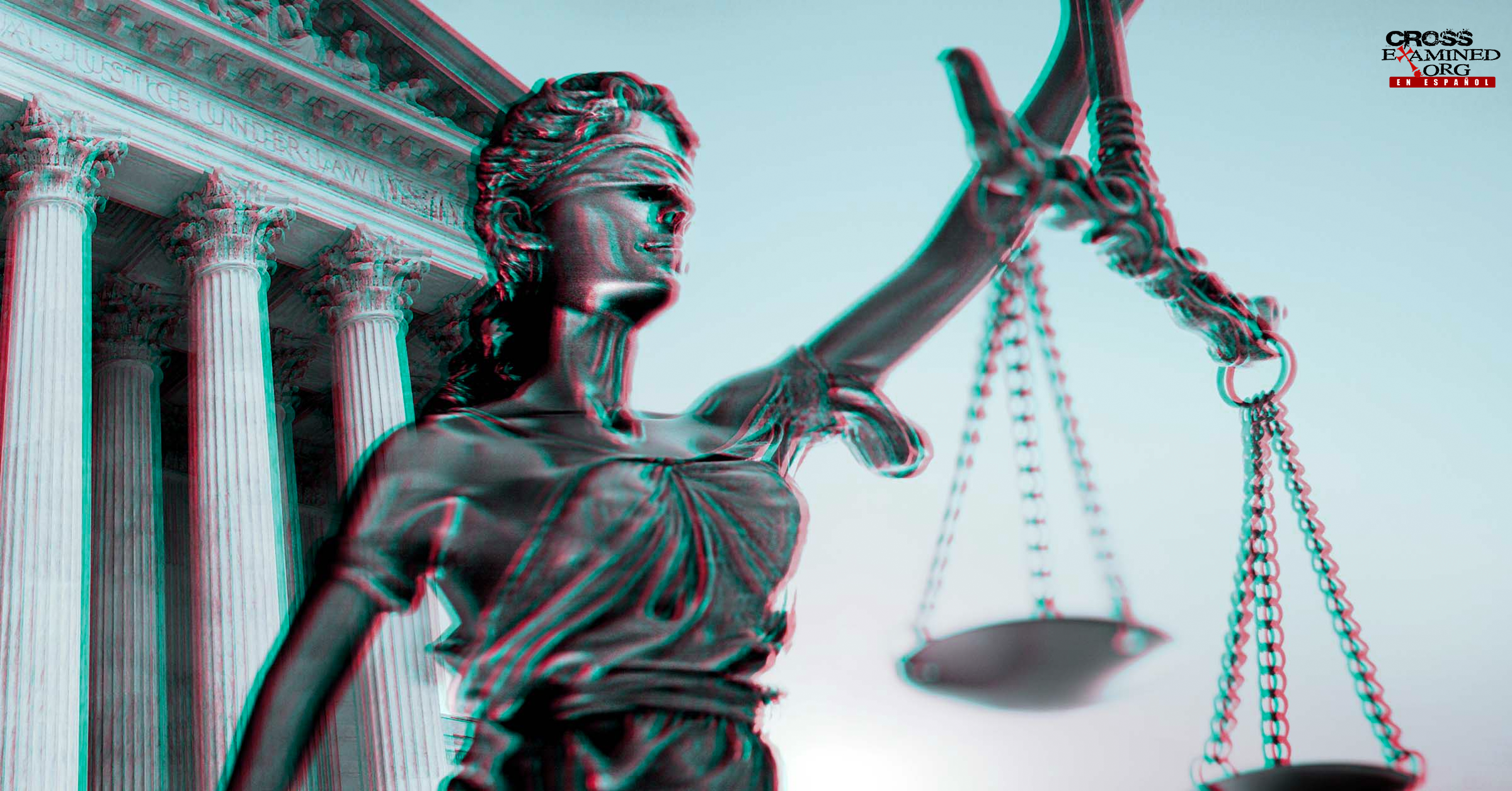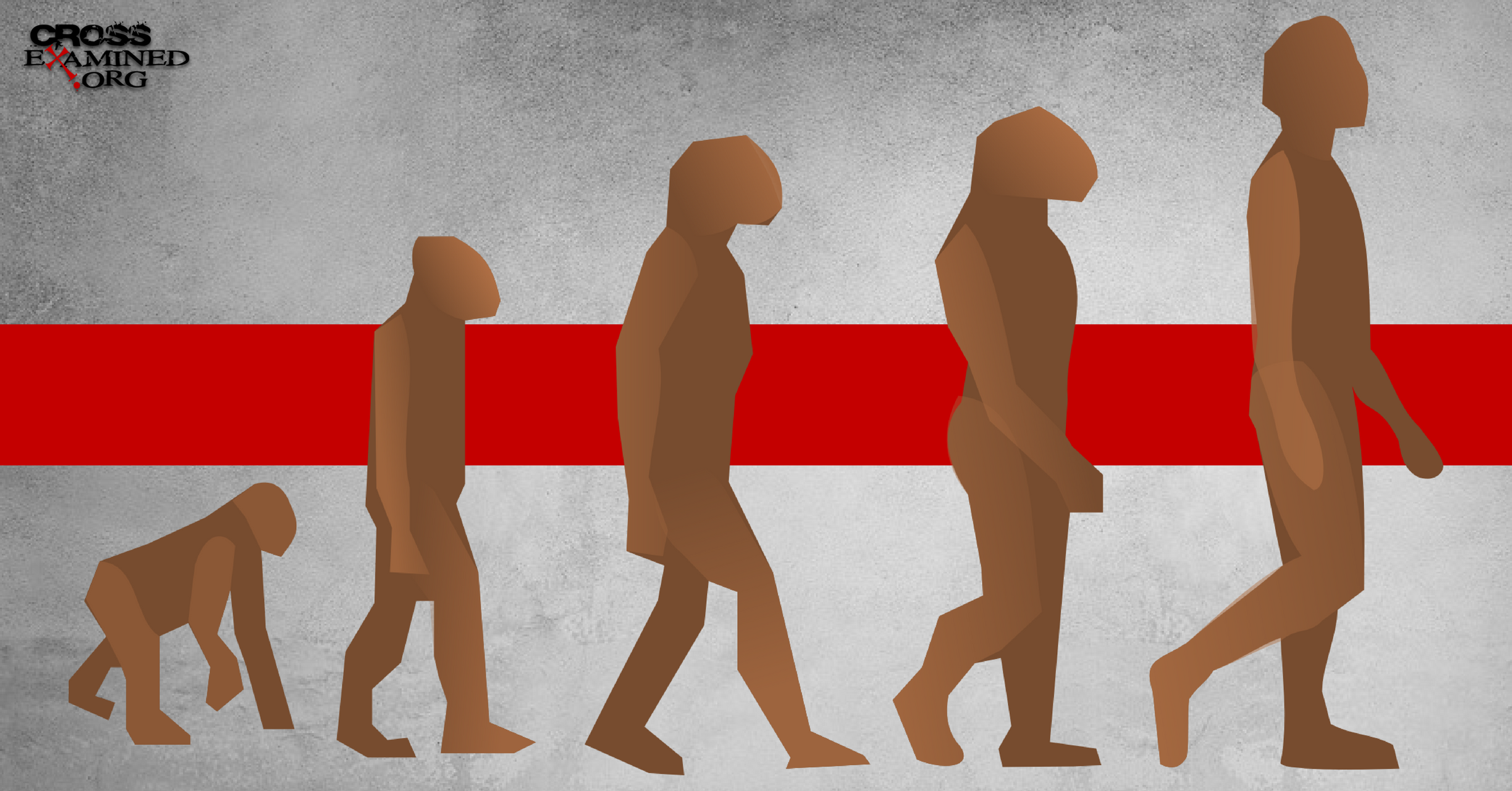¿Podemos legislar la moral?
By Melissa Dougherty
Since the 1960s, there has been a dramatic decline in moral ethics here in the United States. Some would argue that it has been in a steady decline since the beginnings of humanity, as I would put it. However, here in the United States, the phrase “legislating morality” has come up more and more. Depending on the generation, many people have not heard this phrase or even understood what it means. Some use it as a cliché term to throw at the person who tries to promote certain morals that should or should not be permissible.
I say that, like the argument that there is “no absolute truth,” saying that we cannot legislate morality is simply self-refuting. Everyone everywhere knows intrinsically what is right and wrong. Many people would realize that it is obvious to enforce the law to distinguish right from wrong. As Romans 2:15 says, God’s law is written on our hearts. This is echoed in our Declaration of Independence as well. However, what morality are we talking about? First, one must determine whether morality can and should be legislated.
How can morality be legislated?
The brilliance of the Founding Fathers was to avoid the inevitable pendulum swing that many governments fall victim to by finding a middle ground. Instead of appealing to religion or a secular government, they appealed to the moral law to make their case. They then legislated those unalienable laws and rights into the Constitution. What makes this so clever is that it prohibits the government from establishing a national religion, but it does not prevent it from establishing a national morality. Their appeal to the moral law is not limited to just the United States. They appeal to an authority that many cultures and peoples have appealed to in the past. The Founding Fathers believed that these freedoms were morally right and needed to be preserved through legislation. This is literally legislating morality! This is also in the First Amendment. The government cannot establish a state-supported religion and will not force people to practice a particular religion. Unlike the popular political rhetoric we hear, this is not meant to shut up religious people.
Spoiler alert
No one needs the Bible to distinguish right from wrong. We know this intrinsically. That is why we see cultures appealing in some way to the moral law. They did not get together and decide this. Separated by thousands of miles, across all continents, without ever communicating, people knew this law.
Fascinating!
However, that doesn’t mean that there isn’t a suppression of this within us. This is where it gets muddy. This is not only true for the far-left secular humanist, but also for the far-right. When making rules around society or individually, we appeal to this law. But it’s not always black and white. There are those who want to enact Old Testament law in the United States. At the other extreme, secular humanists want to restrict any religion in our country. They want to eliminate any appeal to a Higher Being. Both are wrong.
What should be legislated is the moral law.
These self-evident truths are consistent with many biblical principles because of their common source: God. The purpose is not to create a Christianized country. The purpose is to create a moral one. This raises a question about whose morality. Should the individual decide for himself what is right and wrong? Or should we appeal to a higher standard than our own? This is a central question in this debate.
The thing is, without God… All we have left is the self.
As history has shown, forcibly establishing divine rule over non-believers does not work and is quite damaging. The same idea applies to forcing people to abandon their moral compass for vices. Secular humanism reinforces the desired authority of the “self.” As Natasha Crain says in her book Faithfully Different, feelings are the ultimate guide, happiness is the ultimate goal, judging is the ultimate sin, and God is the ultimate guess. For example, this is why when we debate someone who is pro-choice, they cannot ultimately say when life begins or what exactly is in the mother’s womb. They must appeal to the mother’s subjective perspective and say that it is up to her to decide what that is. Ultimately, they must suspend truth and reality to be consistent with secular humanism.
Right and wrong are not determined. They are discovered. The moral law is self-evident, but people have a way of suppressing this when it interferes with their own desires. As already stated, when our country was founded and the Declaration of Independence was written, Thomas Jefferson appealed to the moral law. This avoids the intolerance of a highly religious government and the moral relativism of a secular government. It is clear which way the pendulum is swinging in our country and why appealing to the moral law on which our country was founded is the obvious answer. This only works if people actually follow these rules.
The moral law is not an invented morality, but an inherited one. If we take away this law, there is no objective standard norm. In other words, relativists do not really have “morality.” Morality is doing what is right, not what someone finds desirable for their particular life or situation.
Recommended resources in Spanish:
Stealing from God ( Paperback ), ( Teacher Study Guide ), and ( Student Study Guide ) by Dr. Frank Turek
Why I Don’t Have Enough Faith to Be an Atheist ( Complete DVD Series ), ( Teacher’s Workbook ), and ( Student’s Handbook ) by Dr. Frank Turek
_____________________________________________________________________________________________________________________________________________________________
Melissa Dougherty is a Christian apologist best known for her YouTube channel as a former New Ager. She holds two bachelor’s degrees, one in Multicultural Early Childhood Education and another in Liberal Arts. She is currently pursuing a Bachelor’s degree in Religious Studies at Southern Evangelical Seminary.
Translated by Yatniel Vega García
Edited by Mónica Pirateque
Original source of the blog: https://bit.ly/3o0VZQo











